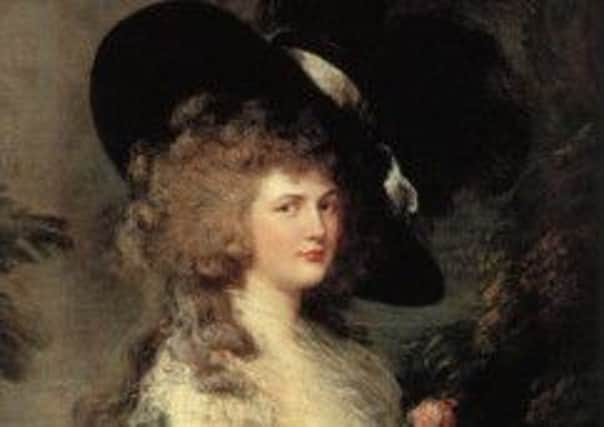Book review: The Devonshires by Roy Hattersley


The Devonshires
Roy Hattersley
Chatto & Windus, £25
He was right, of course. There is a beautiful, rubber-springed continuousness to ducal life that no other rank can match. No one has to be particularly clever, virtuous or imaginative. Not much work needs to be done. Ambition might be something toyed with at breakfast but can be discarded in the afternoon. Catastrophically bad advice can be acted on regardless. And despite it all, from one generation to the next, the beautifully laden coach rumbles on.
Money and property, invariably attached to marriageable young women, pours into their pockets like water down a plughole. Debts accumulate but it doesn’t seem to matter. Rembrandts and Rubenses arrive as if from nowhere. Houses gather like sheep around a trough. By the mid-19th century, the Devonshires had enough houses to open a chain of luxury hotels. In London, Chiswick House, Devonshire House and Burlington House, plus Holker Hall in Lancashire, Hardwick Hall and Chatsworth in Derbyshire, Bolton Abbey in Yorkshire, Compton Place in Sussex, Lismore Castle in Ireland and Beaufort House in Newmarket, all of them surrounded by slabs of enviable land.
Advertisement
Hide AdThe human beings at the centre of this gathering of riches were spookily laid-back. One 18th century Devonshire duke agreed to become prime minister on condition that if he didn’t like it, he could stop. His Victorian descendant was asked to be prime minister on three separate occasions but refused each time. A third was asked by Churchill if he wanted to be Viceroy of India but decided on the whole not.
The 5th Duke (they were all called William Cavendish, but this was the one acted by Ralph Fiennes in the film The Duchess) was so bored by life that he even found his debauchery dull, going through the routine of gambling, drinking and sex as if they were the sort of workaday tasks dukes were expected to perform. His son and successor spent his life in what one of his friends called “a happy apathy”. Another “uttered fewer words in the course of his life than any man who lived to four score years”.
The result of these near catatonic levels of insouciance in the Cavendish males makes for an empty-hearted story, at times not unlike the account of several generations of a breed of much loved but not wildly impressive Labradors — this one good at picking up dead pheasants, this one preferring to lie down by the fire, this one afflicted, poor thing, with shockingly bad breath.
The ardour and vigour in the story is in the sequence of magnificent women: Bess of Hardwick, the Elizabethan founder of the dynasty who outlived four husbands, pocketed their cash and numbered 20 dukes among her descendants; the “emotionally incontinent” Georgiana, who shot through Georgian London like a meteor; and at the very end the great Debo Devonshire, who is not really described or addressed here.
But in his focus on maleness and politics, Hattersley, who is sniffy about “feminist historians”, has left aside what is really interesting – how much of the family identity was carried by the women, their sense of discipline and destiny, their control of money and men, their relationships to the heirs they gave birth to. Was it not the women who kept the Cavendish show on the road? «